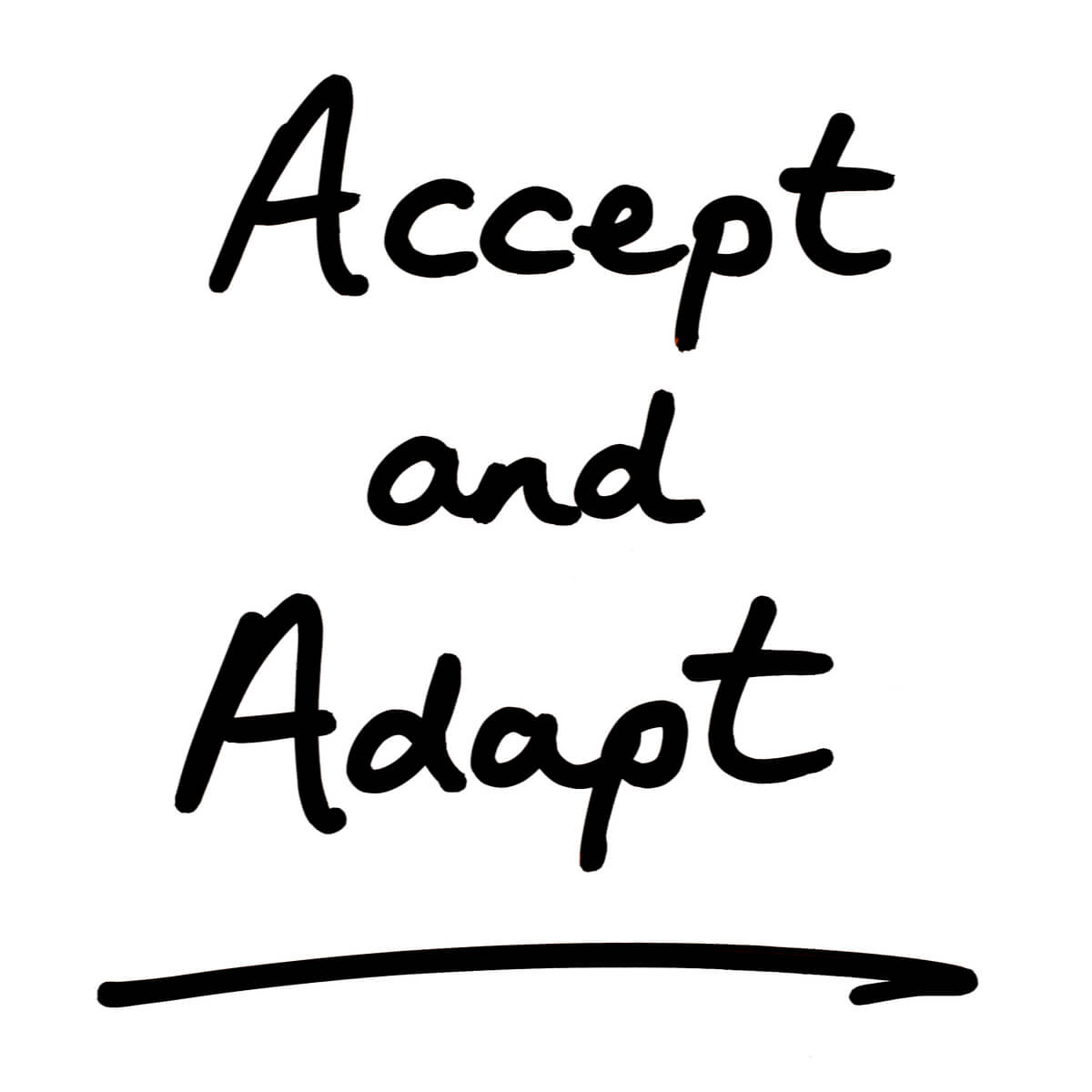
How do you feel about that? Okay, now, how do you feel about how you feel? Whew! That in itself is enough to make your head explode, isn’t it?
February 16, 2022
I learned a new phrase today, as I was doing some research on dealing with feelings, and I came across “meta-emotions.” I have never heard of that term before. I was thinking about my own experiences of how I felt about the frustration and anger that I felt when my life was hijacked. I did berate myself for feeling that way. How could I feel that way? I love my mama and I will do anything that I can for her. The frustration and anger was never about her. It was about the situation.
Meta-emotions can be classified into four types: negative-negative (e.g., feeling embarrassed about feeling sad), negative-positive (e.g., feeling guilty about feeling happy), positive-positive (e.g., feeling hopeful about feeling relieved), and positive-negative (e.g., feeling pleased about feeling angry).
When you can’t make things better
I could not make things better. I could not fix this so we did not have to deal with all of this crap. I wish that I could tell you that I adapted well. I did not. I made it much harder than it had to be on myself. I sure learned the hard way, that I would have been better off if I had learned to accept things as they were & adapt to the ever-changing situation.
Nope, just stuff it all down. Deep down, inside. Soldier on. That will work for a while, but not forever. It will come out. It will come up in screwy ways. You won’t even know why you are feeling like you feel. It may years down the road. You can’t figure out why your emotions are all over the place. Maybe, if you got still and curious you could figure it out? Talk therapy is a much quicker way to figure it out.
I think everyone needs to do some talk therapy. Shoot, three or four sessions may be all that you need. Therapists will give you the tools you need to figure some of this “emotions” stuff out. You will also be taught how to deal with it in an appropriate manner. In other words, you won’t have to show your ass.
You won’t have to keep beating yourself up for feeling bad about feeling bad. If you are a helper or care giver you have probably dealt with all kinds of emotions. I use feelings and emotions interchangeably sometimes because I won’t slow down and figure out which one it is. Here is my attempt at understanding the difference. Emotions are neurological reactions to external stimuli. They are instinctive and we are not usually conscious of them. That friggin’ amygdala, again. It really is trying to keep us safe. We have to help it, by realizing when we are in danger and when we are really NOT in danger. Feelings are the reactions to the emotions.
-
- Something triggers you
-
- You have an automated response (your fear emotion, anger or whatever the emotion, is being sent out through your body)
-
- That lasts about 90 seconds and then that part is over
-
- What happens next, is up to you. Will you cling to that emotion or will you interpret the situation as not life threatening, reassess and move forward?
-
- Realize that how you think and how you feel directly impacts how your body reacts. This is the point where you take a breath or three and separate yourself from the experience to observe it, be objective and be curious about how you feel. No judgement allowed.
How do you manage difficult emotions?
Can you reinterpret what you experienced? Can you look for the good in the bad? Sometimes, we have to sit with that uncomfortable emotion. We have to feel it to process it. That is not fun. The upside is that we can learn from it and we don’t have to always have the negative emotions when we are triggered. We can learn. “Whatever you resist will persist.” I have no idea who said that first, but I have heard it a lot.
Emotions may not signal danger, but they may signal that you need to make a change.
Care givers have many, if not all of these emotions at one time or another. See if you can relate?
-
- Guilt
-
- Resentment
-
- Anger
-
- Frustration
-
- Worry
-
- Loneliness
-
- Defensiveness
-
- Grief
Questions to ask yourself when you feel certain emotions arise:
-
- Is what happened unexpected?
-
- Is what happened enjoyable?
-
- Is what happened going to make it easier or harder for me to get what I want?
-
- Can I control it?
-
- Will I be able to cope with what happened?
-
- Does what happened match with what I think is right or wrong?
-
- Is what happened my fault or someone else’s?
(I borrowed these questions, but I cannot find my cite link.)
What are the positives of negative emotions?
Sadness or grief may make you pay more attention to details?
Anxiety or stress may encourage you to find new ways to deal with situations.
Anger or frustration may make you see that it is time for help or another set of eyes on a situation or problem.
Guilt may help us to figure out what is ours to deal with and what is not ours to deal with.
Negative emotions may be what you need to motivate you to make a change.
**Any time that you deal with your emotions, you will get tired and feel drained. It is very exh
Pat


